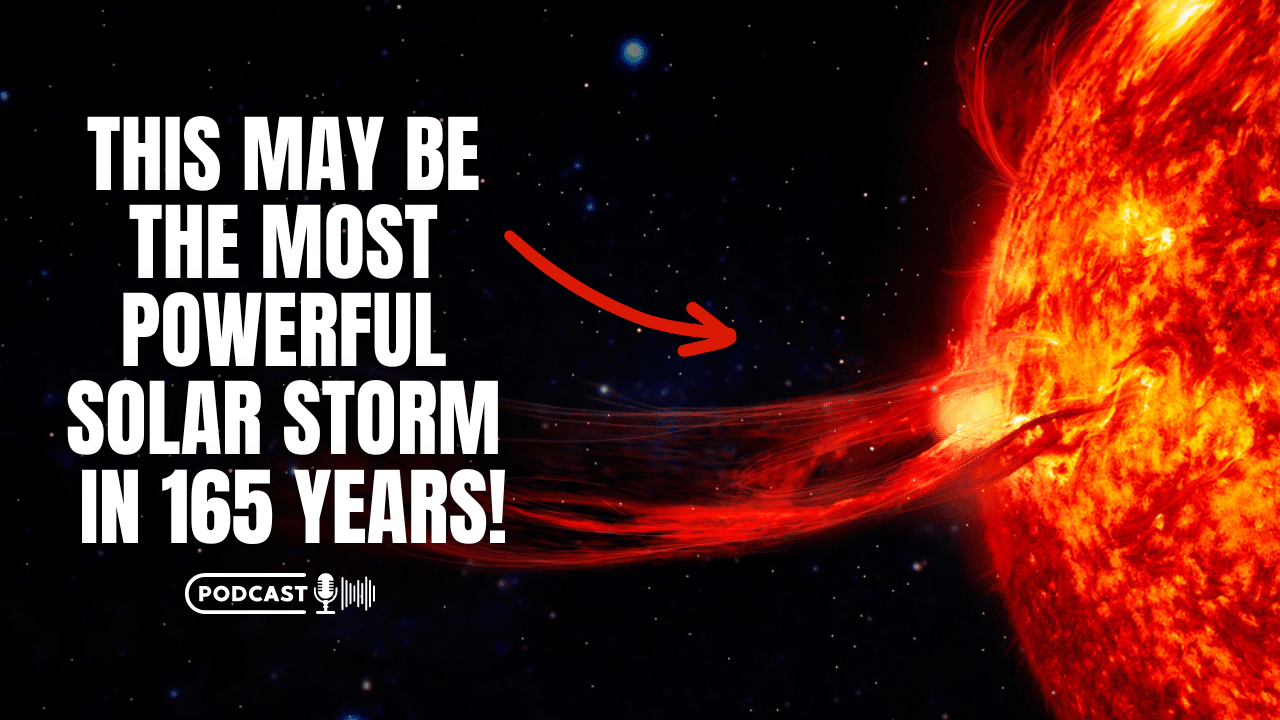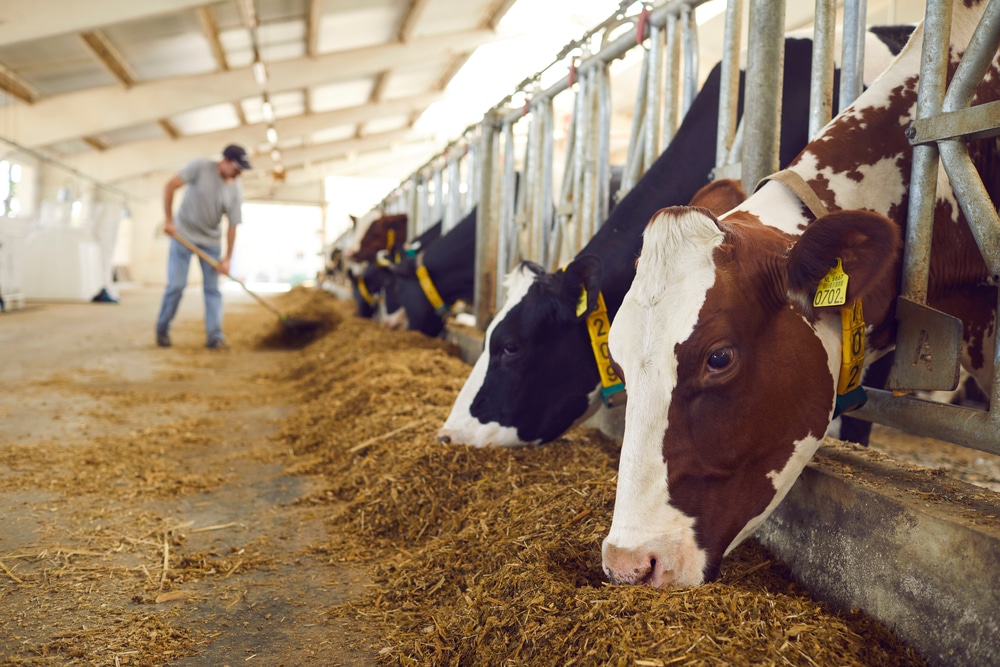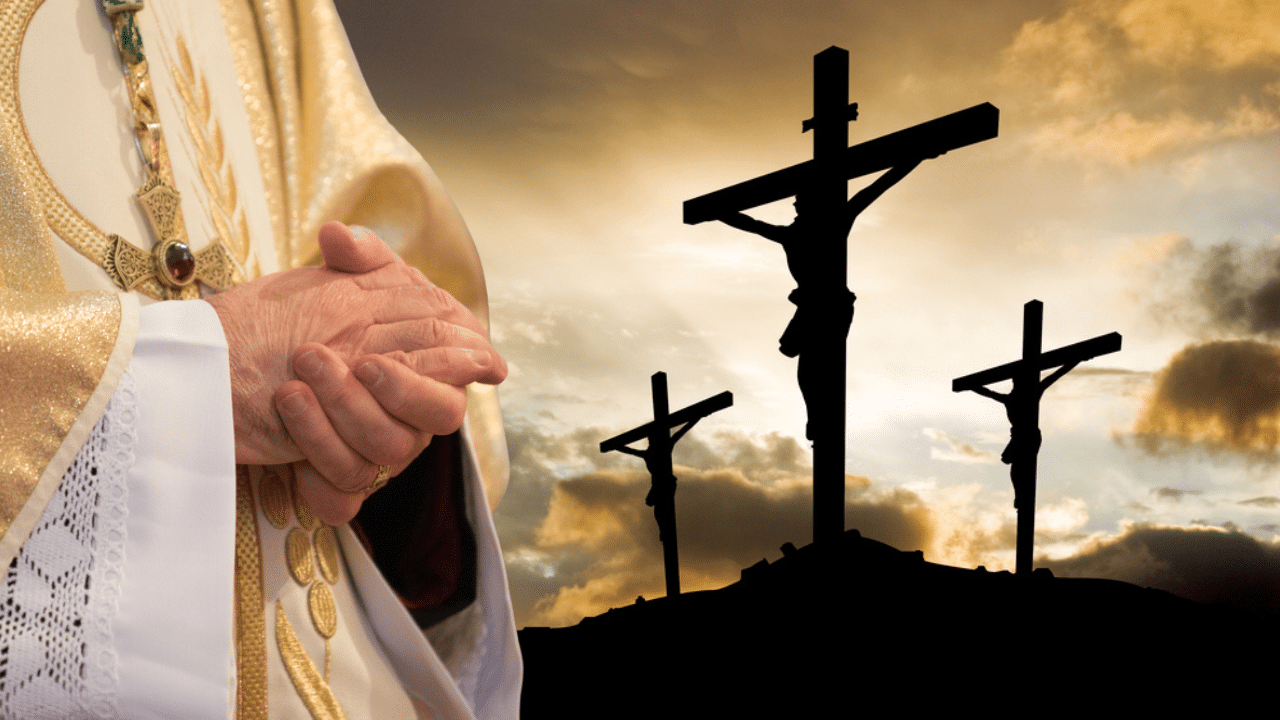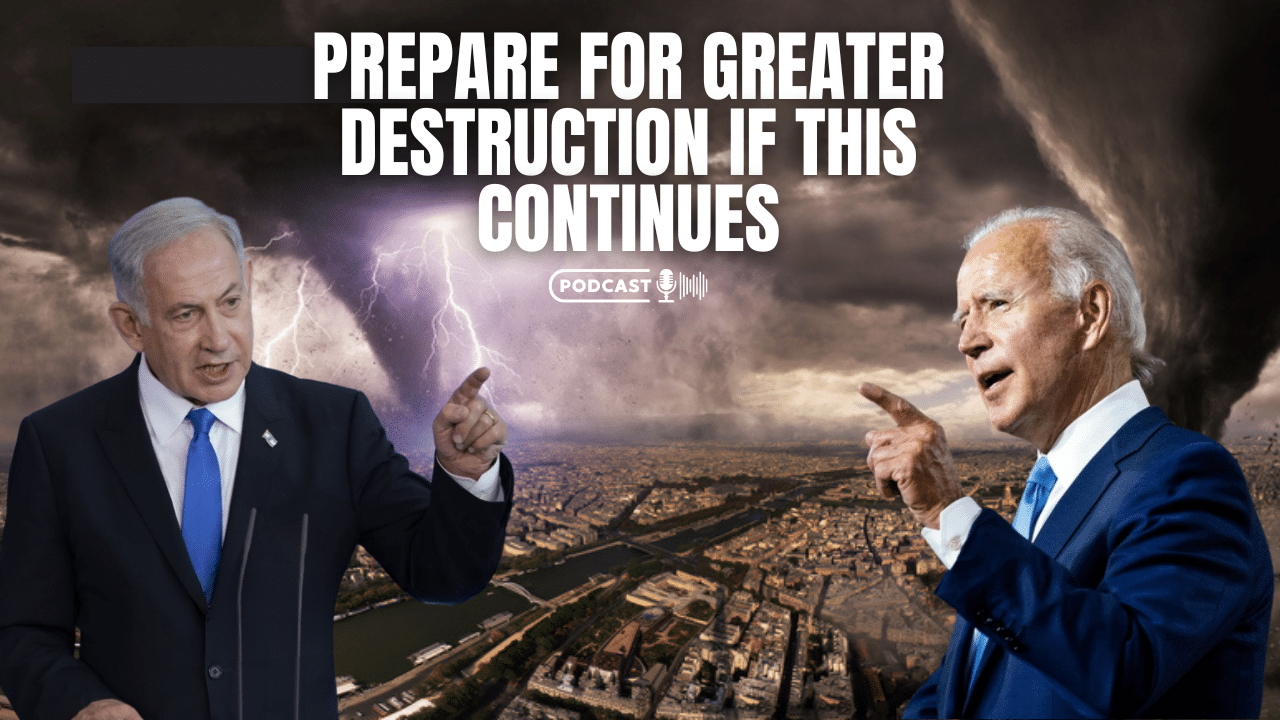(OPINION) It’s Sunday morning and a small group sits around a fire pit in a community garden under the limbs of an expansive box elder tree. Church is about to start. And it’s cold.
“God our Father, we are just so thankful for this time that we have to share this morning,” says Pastor Chris Battle, a big man with a pipe clenched in his generous smile. “And we really thank you for fire that keeps us warm even as we sit up under this tree. We just pray that you would bless our time together.”
Three years ago, Battle walked away from more than three decades leading Black Baptist churches and turned his attention to Battlefield Farm & Gardens in Knoxville. They grow vegetables and sell them at a farmer’s market. They also collect unsold produce from around the city and deliver it to people in public housing once a week.
Battle says he left because traditional church was not connecting with people. He felt they were turned off by the sermons, the pitches for money, the Sunday-morning formality of it all. “So I said to myself, maybe we need to begin to do church differently. But what does that look like? And I didn’t know until I got to the garden.”
American Christianity is in the midst of an identity crisis. Attendance is in steep decline, especially among millennials and Gen Z who say traditional church doesn’t speak to their realities.
In response, religious leaders are scrambling to experiment with new ways to offer meaning in peoples’ lives. Most of the folks who show up at Battlefield Gardens on Sunday mornings say they’re looking for a faith community, but they’re burned out on traditional religion.
“Generally, I’m here because I want two things out of church,” says Kelly Sauskojus, a 27-year-old PhD candidate in English who says she’s a refugee from fundamentalist churches.
“I want time to sit down, like we do on Sundays sometimes or around the fire, and, like, pray and re-center and figure out what we’re about in the world. Because the world is very noisy. And then I want a church to get s*** done with your community and for your community.”
Typically, Battle delivers a brief sermon on the teachings of Jesus. They talk about it. Then, instead of altar calls or holy communion, his congregation — such as it is — tends to the 50 raised beds of kale and eggplant, string beans and squash, tomatoes and greens, the chicken coop and the compost pile.
“People, when they come to the garden, they’ll have conversations with you,” Battle says. “But you tell ’em you’re a pastor, the conversation changes. They hide their liquor. They quit cussin’. I mean, everything changes.” (READ MORE)


















